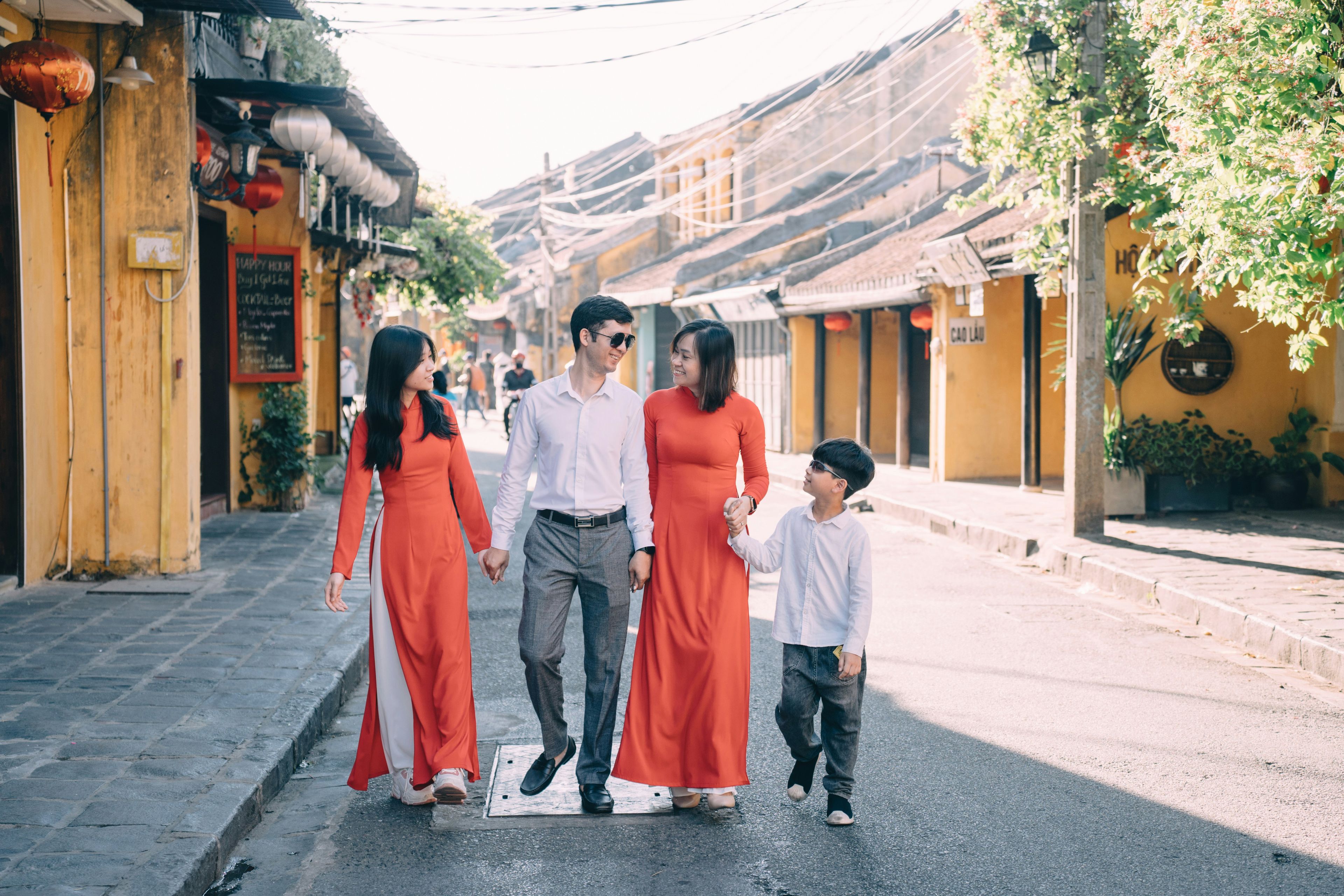Why It's Painful To Realize Your Family Is Enmeshed
Enmeshment can take a significant toll on the members of the family who are tasked with the emotional labor in enmeshed families.

I was scrolling TikTok and came across a video of a woman talking about her childhood. She reflected on family parties from her childhood and how they seemed to all be having fun. Her perception of these parties is so different now that she’s an adult. I went straight to the comments section and saw hundreds of adults saying some version of, “I thought everyone was drinking and having fun, and now I realize they were all incapable of dealing with their own lives and not paying attention to any of us kids.” Adults shared stories of childhood memories that they simply couldn’t comprehend when they were children. There was clearly a lot of pain in this comment section.
Realizing things about your family is hard. It’s so hard that most people will spend their entire lives trying to avoid it. This is why people who were hurt by their parents are more likely to say, “I was a bad kid,” than they are to say, “My parent hurt me.” It’s why generations of adults repeat the same patterns despite being hurt by those same actions in their childhood. First, we must admit we were harmed in order to change something. That hurts, and it’s hard.
You are probably reading this because you are trying to break patterns. Maybe you are in the process of realizing and hoping to move into a state of change. But so many people get stuck in the realization because it’s so damn painful. I’ve had many clients in my therapy office tell me about their traumatic family experiences, and when I say, “Wow, that’s hard, and it shouldn’t have happened,” they recoil from the support. You may want that validation but avoid it because accepting it would mean admitting that you’re hurt and that someone hurt you. The person who hurt you was probably supposed to love and protect you.
Why It’s Painful To Realize Your Family Is Enmeshed
Enmeshment trauma is so hard to accept because it can seem so nice on the surface. People may even applaud your family for being close. However, enmeshment can also take a significant toll on the members of the family who are tasked with the emotional labor in enmeshed families.
This is why being this type of “close” with your family doesn’t feel good (examples come to mind like Gilmore Girls or Ginny & Georgia). It may look nice on the surface, but it comes at a considerable cost for many members- especially those with less power, like children. If you have to give up everything important to you, hide who you are, and ignore all your boundaries in the name of “family,” this is not true closeness. It’s obedience in exchange for closeness.
The opposite of enmeshment is healthy distance and individuation. This can feel incredibly isolating and threatening for family members who are used to being over-involved. You may also experience rejection or the silent treatment when you try to set boundaries with people benefiting from the enmeshment.

How To Deal With The Discomfort
It’s normal to experience pain, discomfort, or complicated feelings after realizing your family is enmeshed.
When these feelings come up: This is normal. I am allowed to feel these feelings. These feelings make sense.
It’s normal for other family members to push back or reject your new perspective.
When this happens, I know my reality. What I see is real and true for me. The people who understand are there for me.
Sometimes, enmeshment will feel like the easier option (it’s not).
When this happens, Doing things the same may feel easier right now, but I know it won’t end well. Change is hard. I am changing my family for the better.
Changing patterns in your family can feel very lonely.
When it feels this way, I can surround myself with people who understand my feelings. Even when I feel alone, I am not alone. There are people out there who feel exactly how I do, and I won’t feel this way forever.